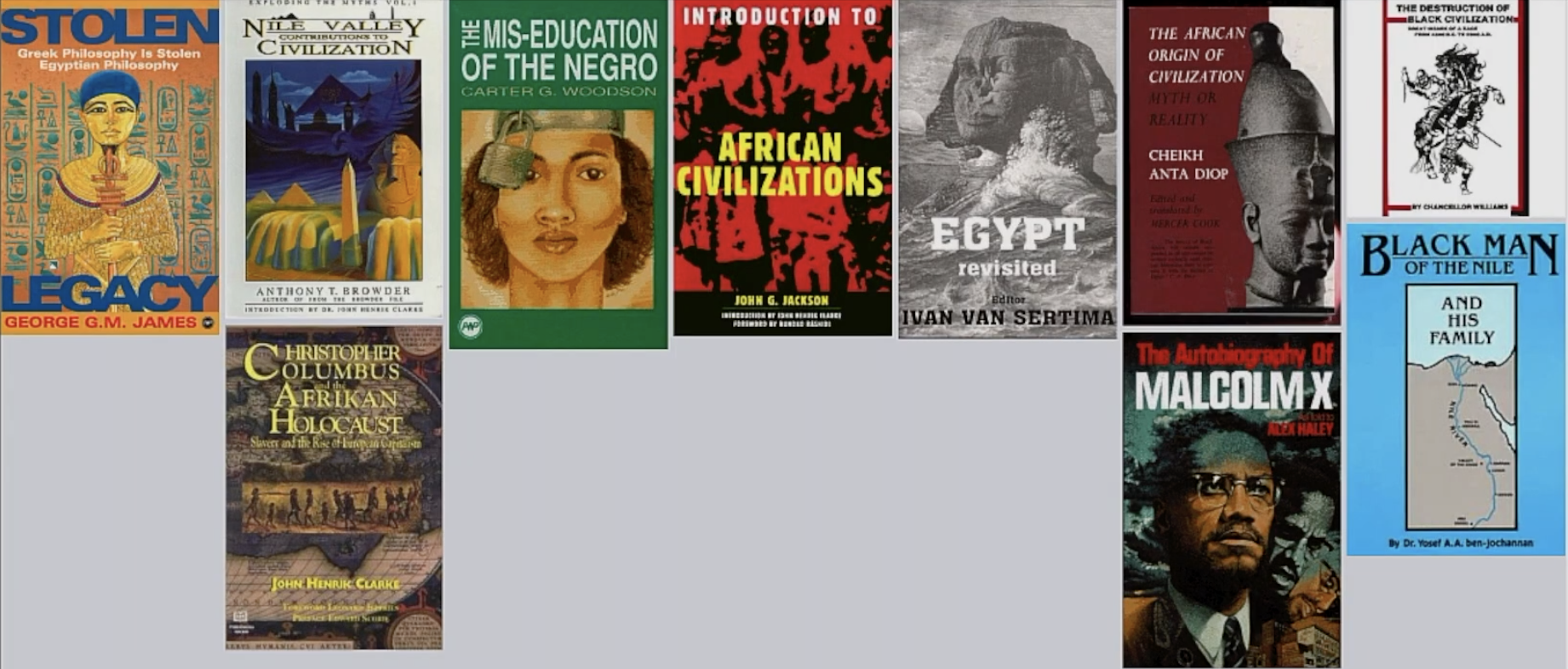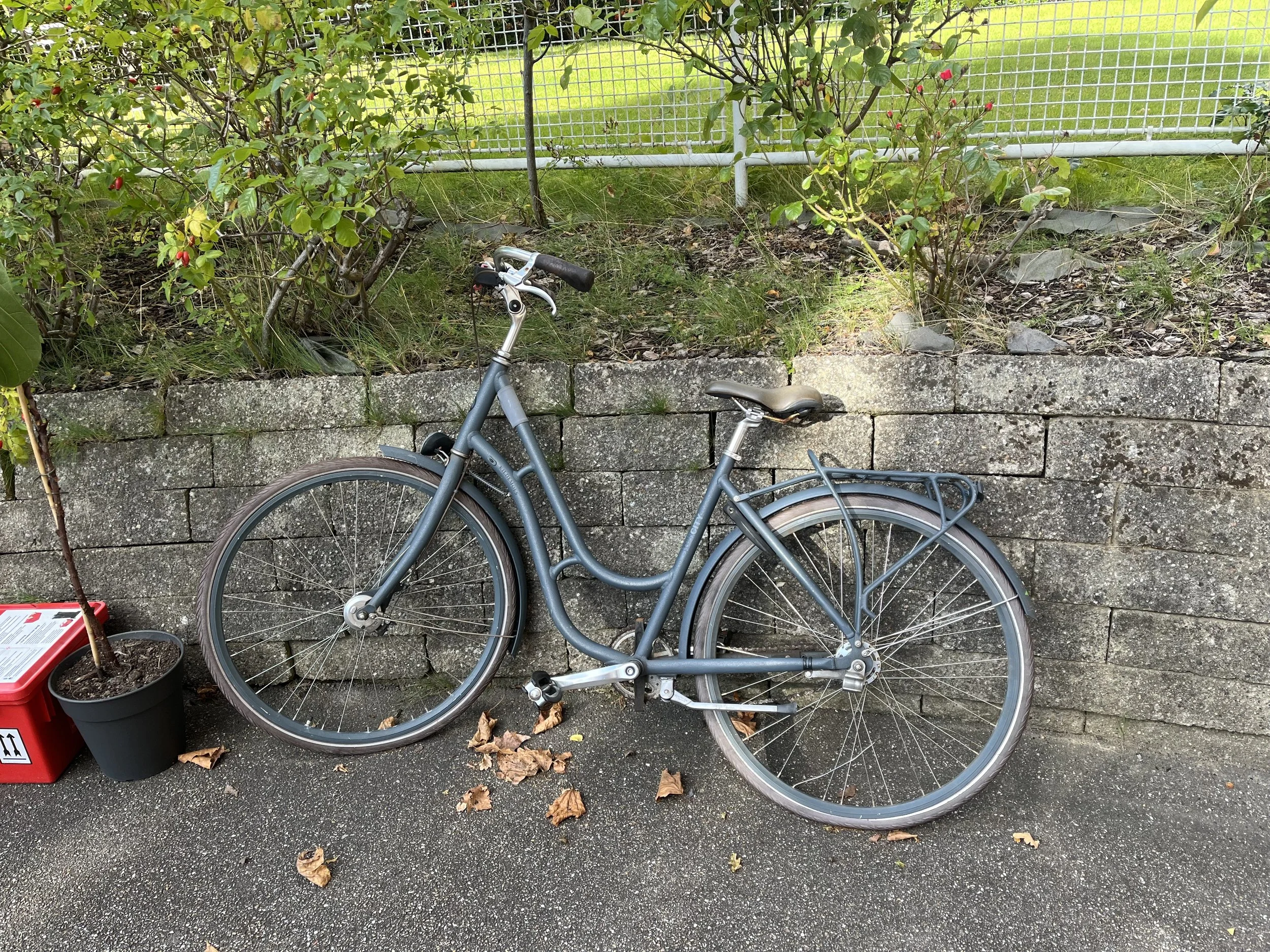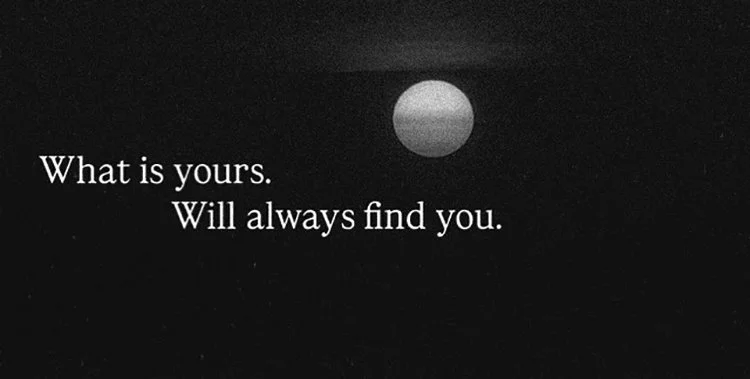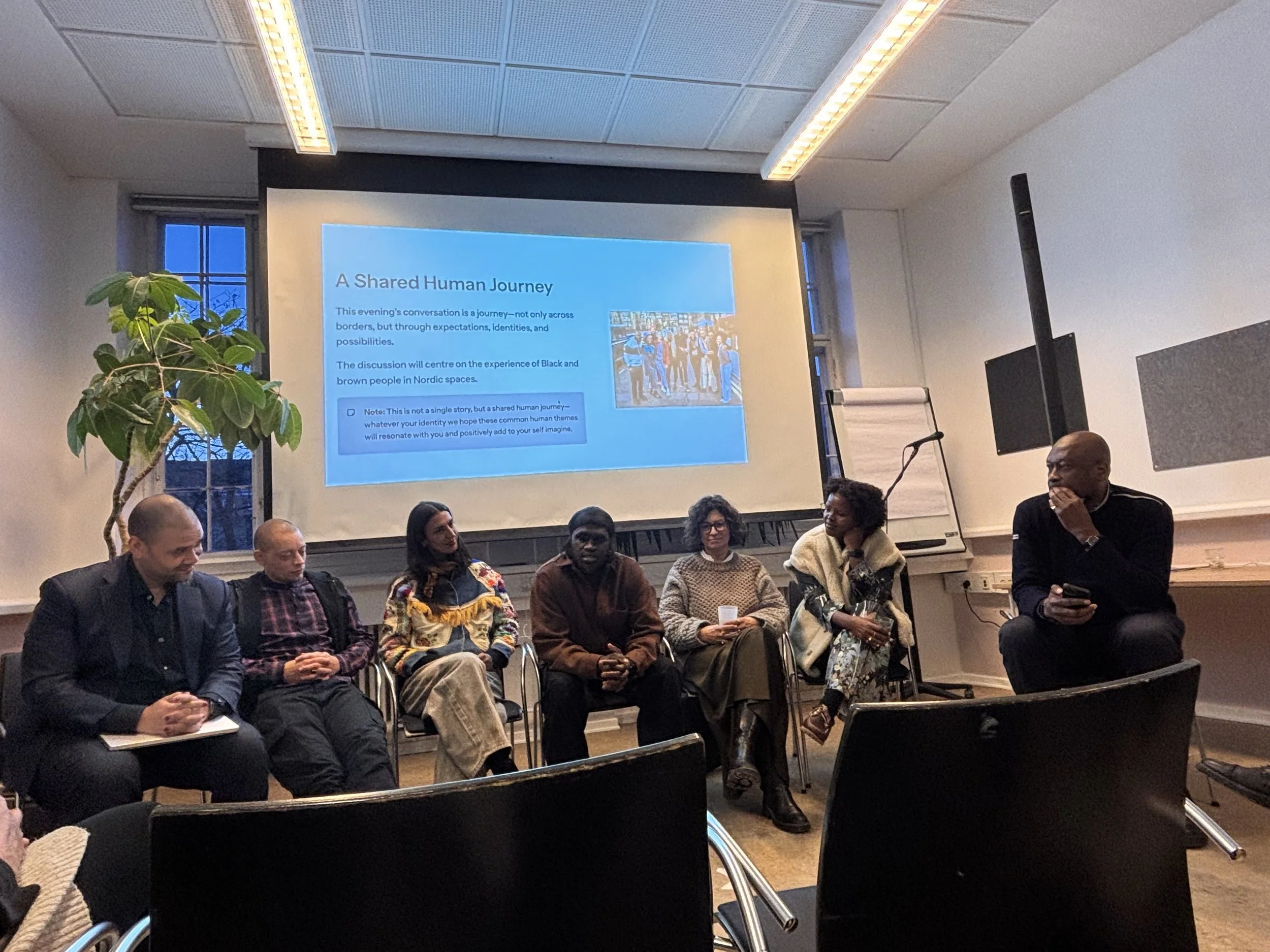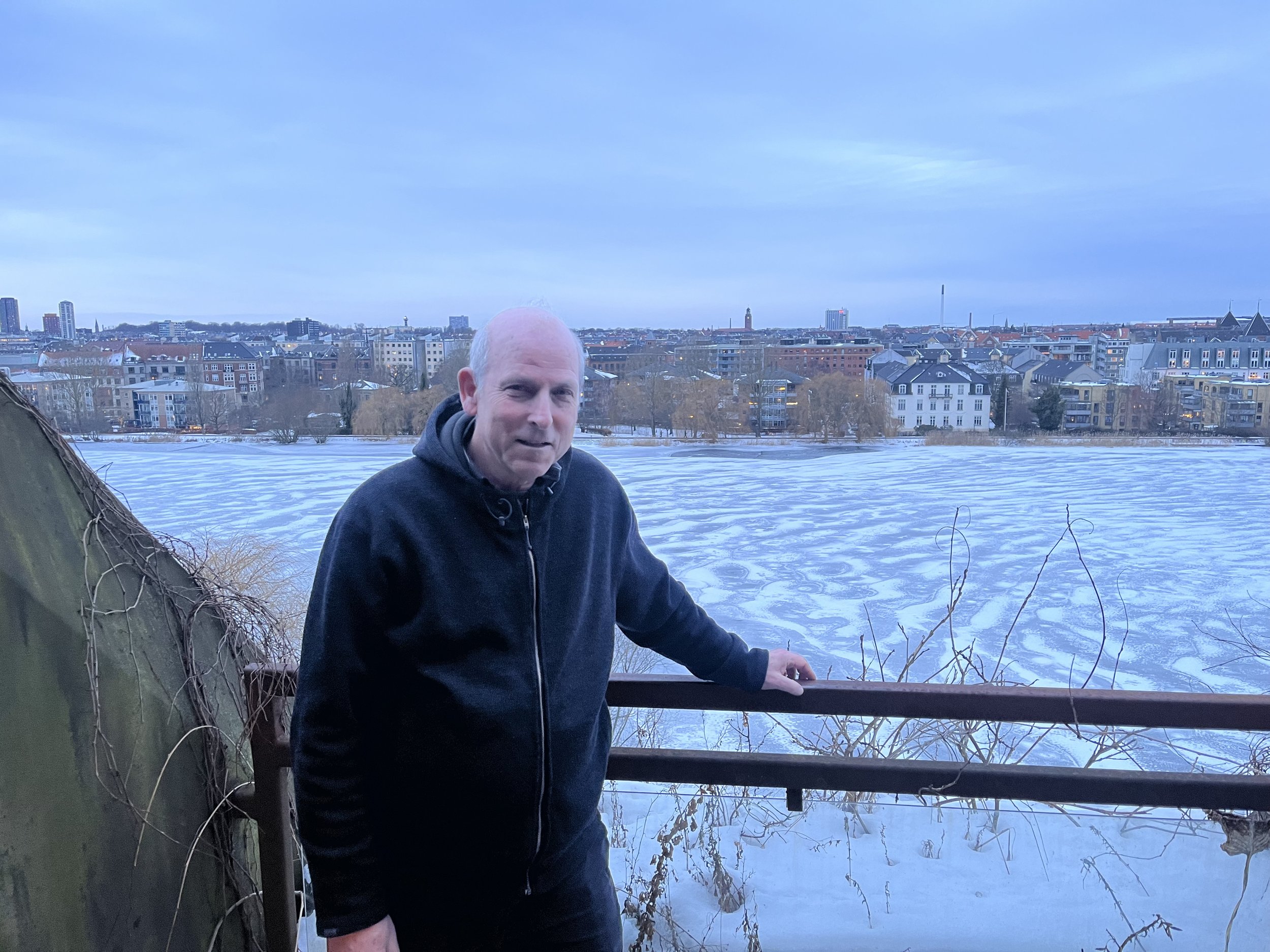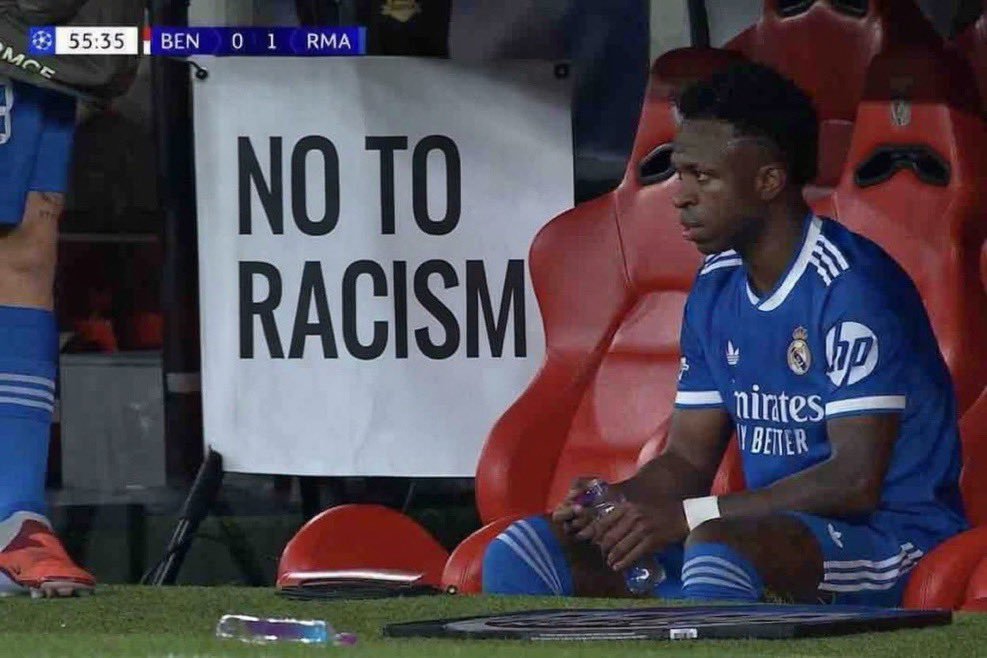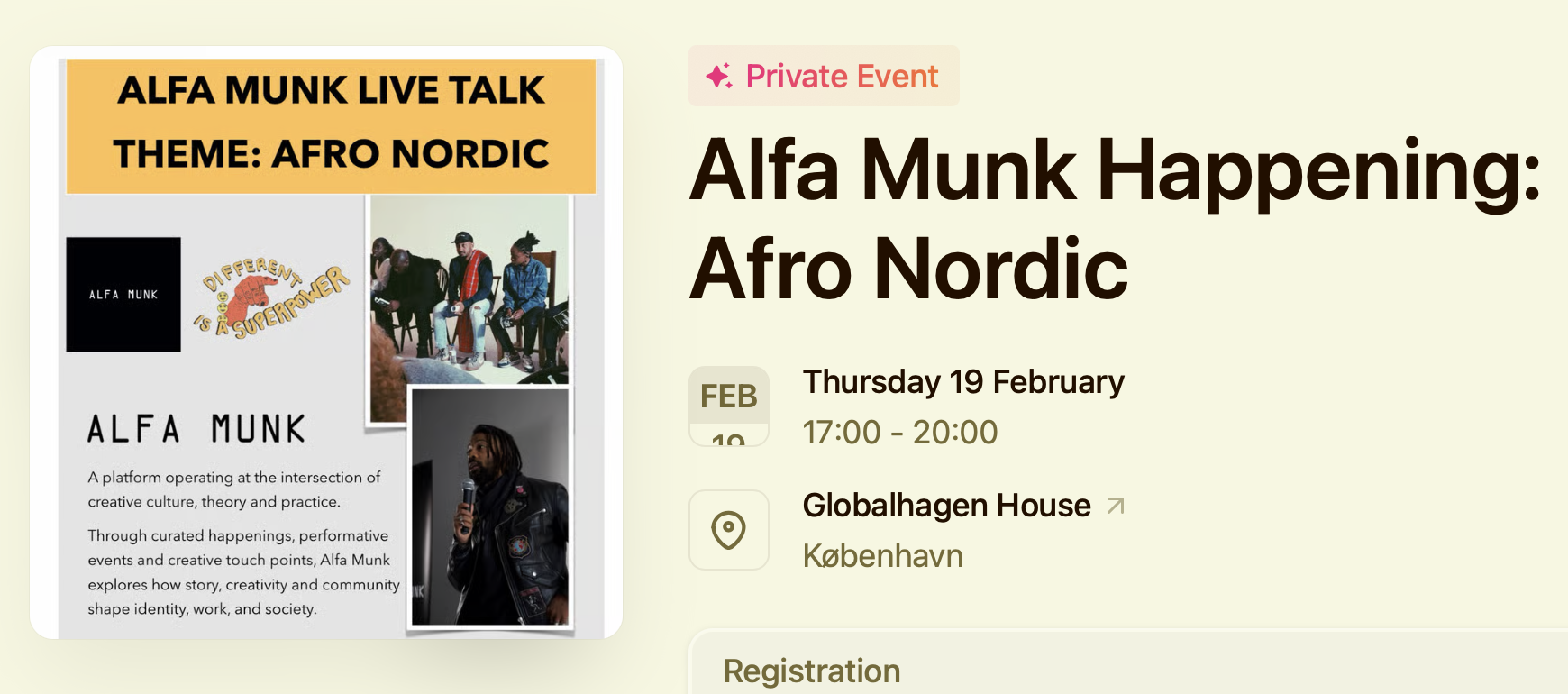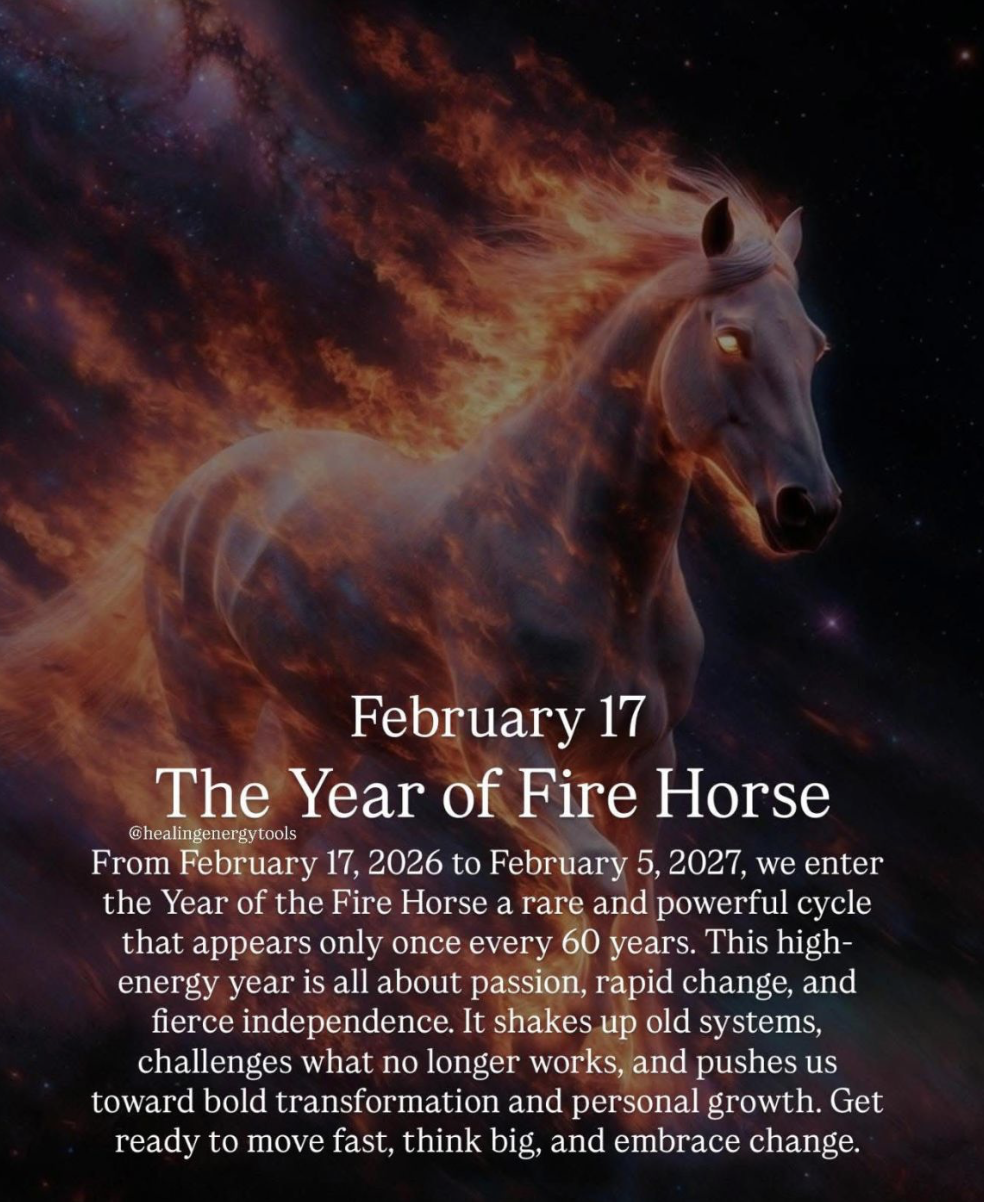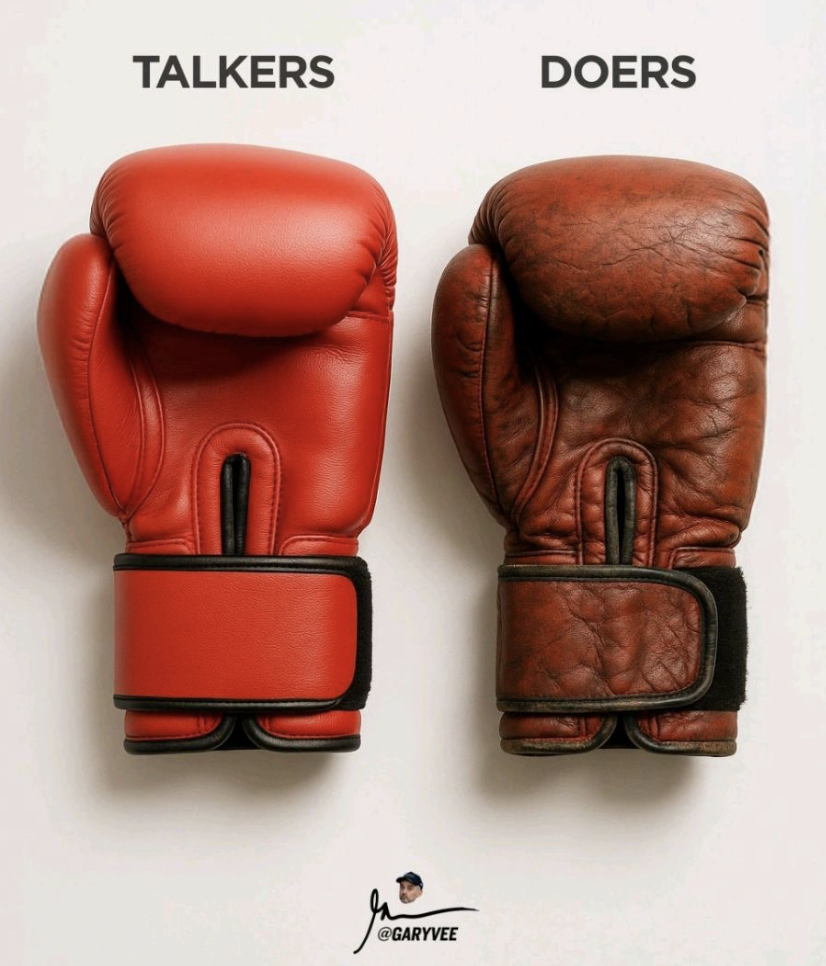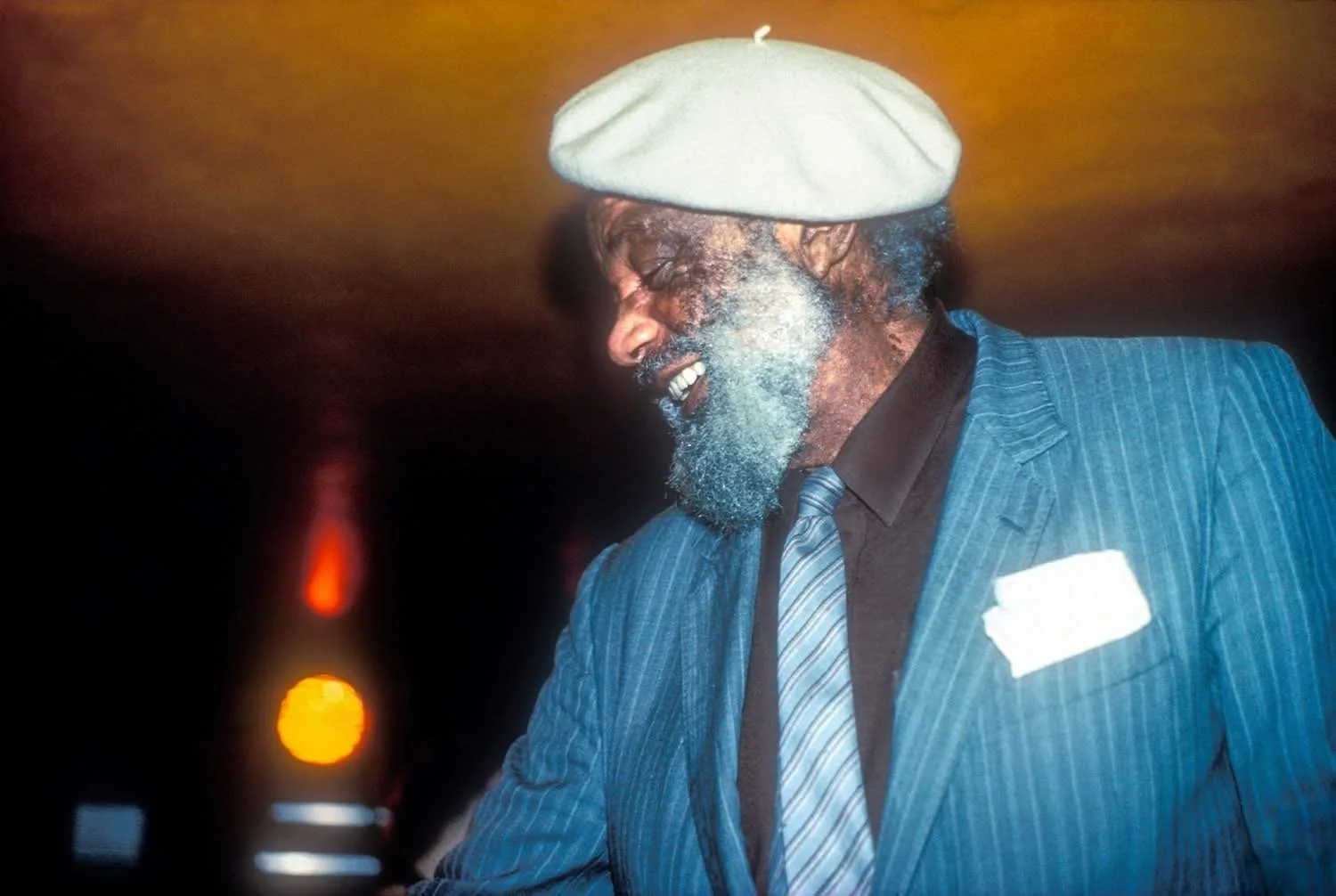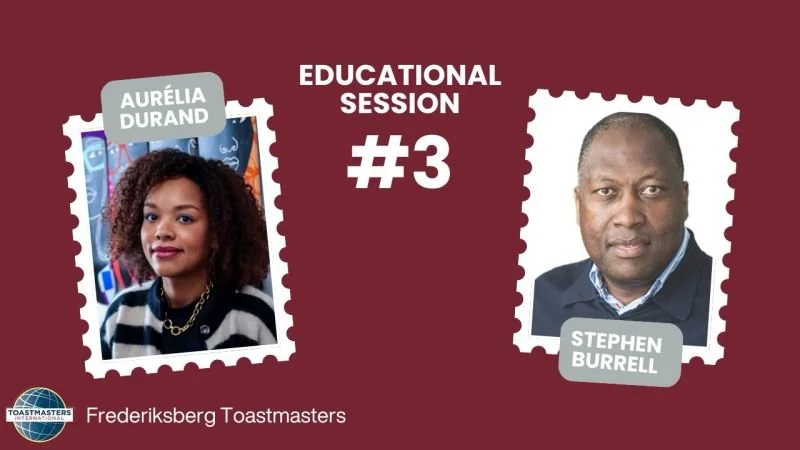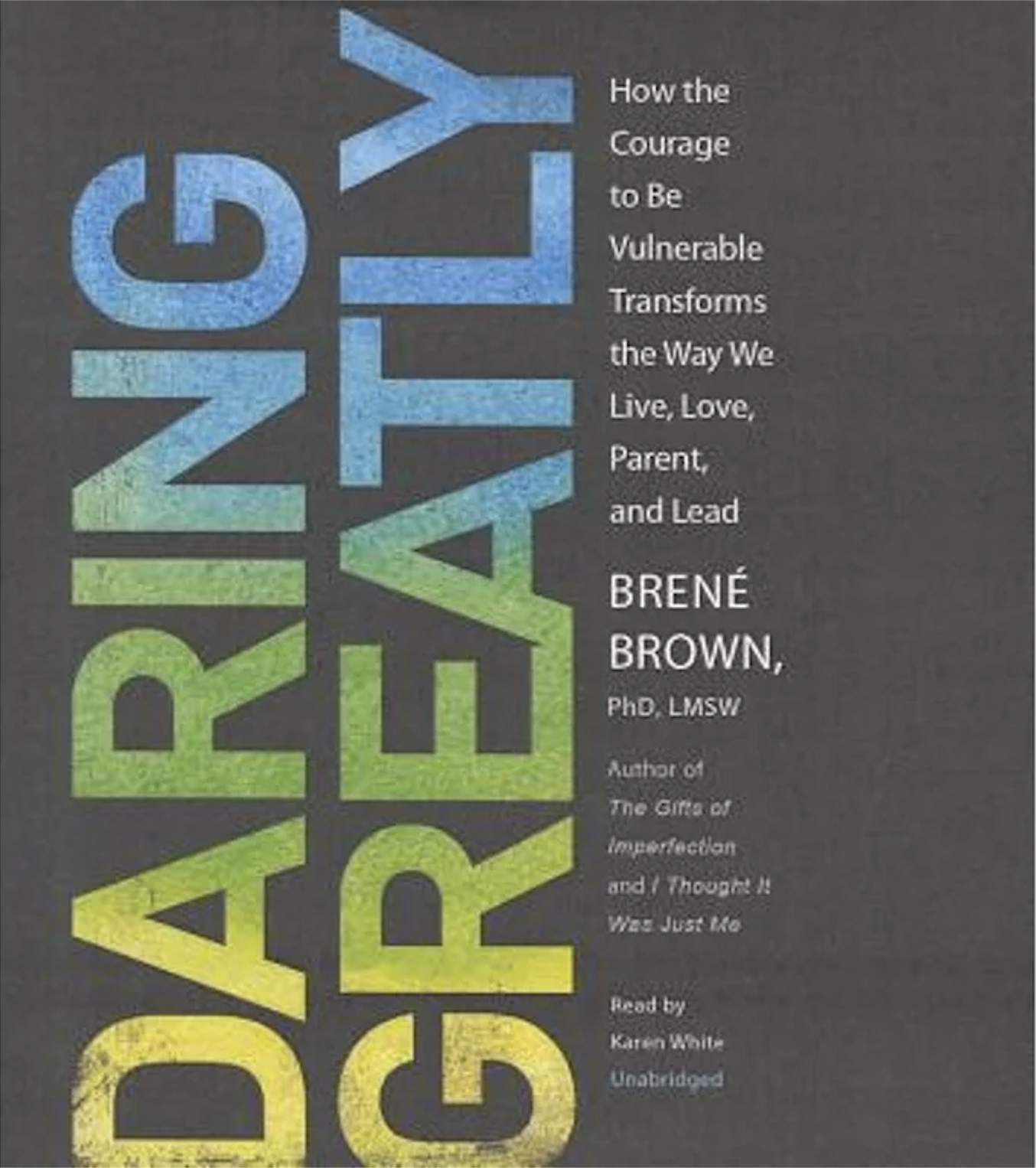Image c/o Chuck Penn
Black people have reached a point of deep fatigue with the distortions, half-truths, and omissions that continue to shape how our history is told. There is a wealth of credible, evidence-based information available that must be passed on to our young people, to our children, grandchildren, and great-grandchildren. I think by doing so, they can grow up grounded in a clear understanding of who they are and where they come from. In this way, we can begin to address one of the most damaging legacies faced by people of African heritage: the loss of historical memory.
Here is a recommended book list:
“The Miseducation of the Negro” by Carter G. Woodson
“The Autobiography of Malcolm X” by Alex Haley
“The African Origin of Civilization: Myth or Reality” by Cheikh Anta Diop
“Stolen Legacy” by George G.M. James
“The Destruction of Black Civilization” by Chancellor Williams
“Black Men of the Nile and His Family” by Dr. Yosef A.A. ben Jochannan
“Egypt Revisited” by Ivan van Sertima
“Christopher Columbus and the Afrikan Holocaust: Slavery and the Rise of European Capitalism” by Dr. John Henry Clark
“African Civilizations” by John G. Jackson
“Exploding the Myths: Nile Valley Contributions to Civilization” by Anthony T. Browder


